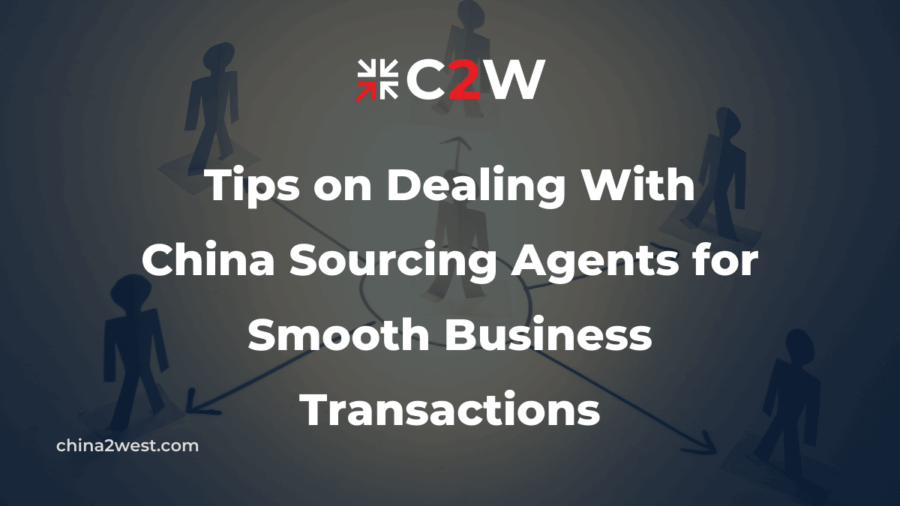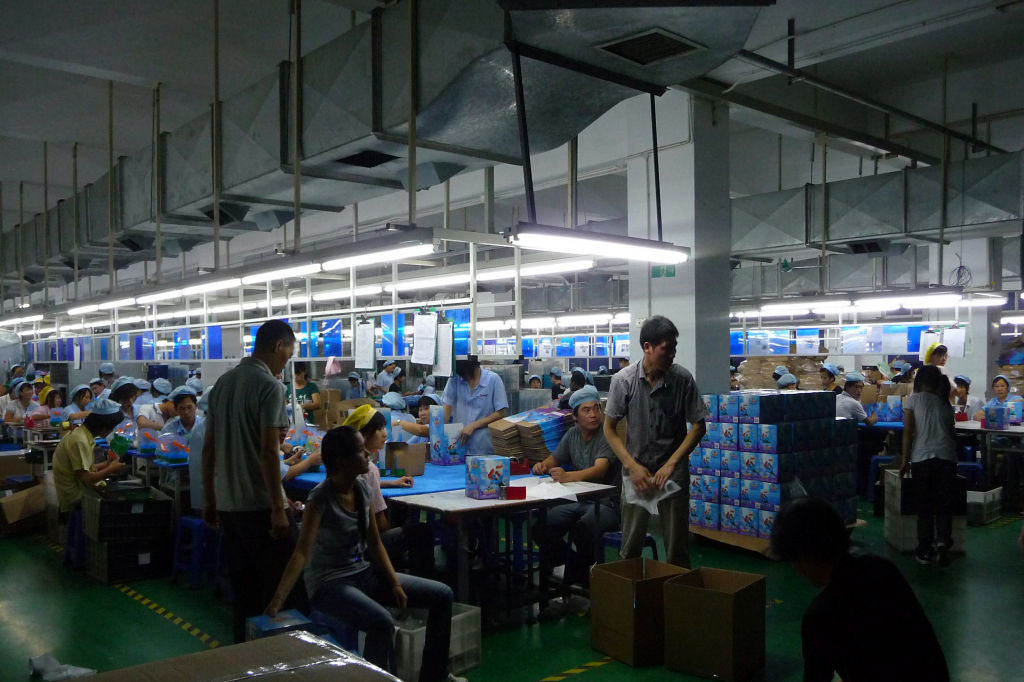Sourcing products from China has become an essential practice for businesses around the world. With its vast manufacturing capabilities, cost-effective production, and reliable supply chains, China offers a unique opportunity to access high-quality goods at competitive prices. However, navigating the complexities of sourcing can be a daunting task, especially when working with sourcing agents. To help you make the most of this partnership, here are some valuable tips on how to effectively manage your relationship with China sourcing agents.
1. Understand Their Role
Before engaging with a sourcing agent, it’s important to understand their role in your supply chain. A sourcing agent acts as an intermediary between you and Chinese suppliers. Their job is to help identify manufacturers, negotiate prices, arrange logistics, and ensure product quality. Depending on the agreement, they can handle everything from initial contact to post-production services. Understanding their responsibilities helps set clear expectations and ensures smoother communication throughout the sourcing process.
2. Choose the Right Sourcing Agent
Choosing the right sourcing agent is crucial for a successful partnership. Not all agents are created equal, and their expertise can vary greatly. When evaluating potential agents, consider their experience in your specific industry, their network of suppliers, and their track record of success. Ideally, you want to work with an agent who understands your product needs and can navigate the nuances of Chinese manufacturing efficiently. Check references, and if possible, request case studies or client testimonials to gauge their reliability.
It’s also a good idea to assess whether the agent has experience working with businesses of your size and in your market. A sourcing agent familiar with your industry and your scale of operations can offer insights and advice that a general agent might not.
3. Communicate Clearly and Frequently
Clear communication is key when dealing with China sourcing agents. Language barriers and cultural differences can sometimes create misunderstandings, so it’s essential to maintain open lines of communication. Be specific about your product requirements, deadlines, and quality standards. Providing detailed specifications can help your agent better understand your needs, reducing the chances of errors or delays.
Moreover, don’t hesitate to ask for regular updates. A proactive sourcing agent will keep you informed of progress, potential roadblocks, and any changes to timelines or costs. Schedule regular check-ins, especially during the product development or manufacturing stages, to ensure everything stays on track.
4. Negotiate Terms and Pricing
One of the most valuable aspects of working with a China sourcing agent is the potential for negotiating better deals. However, negotiation should be done carefully. Pricing in China can vary widely depending on factors such as order volume, product type, and supplier relationships. A skilled sourcing agent can help you secure favorable pricing by leveraging their knowledge of the market and supplier networks.
When negotiating, keep the following points in mind:
- Be clear about your budget and pricing expectations.
- Understand that agents may charge a commission for their services, so factor that into your total costs.
- Don’t just focus on the lowest price – consider quality, lead times, and payment terms as well.
Remember, sourcing agents often have the best leverage when they understand the full scope of your business and long-term goals. Building a strong, mutually beneficial relationship can lead to better deals over time.
5. Protect Your Interests
When working with a sourcing agent, it’s important to protect your business interests by establishing a solid contract. Ensure that the agreement clearly defines the terms of engagement, including the scope of the agent’s services, payment structures, timelines, and any penalties for failure to meet agreed-upon standards. Make sure the contract outlines your expectations for quality control, product inspections, and dispute resolution procedures.
Additionally, be cautious of intellectual property (IP) concerns. If you’re sourcing custom products or working with proprietary designs, make sure your sourcing agent is aware of the need to safeguard your IP. Some agents may offer services like registering trademarks in China, but it’s essential to ask for clarity on how they will protect your designs and concepts throughout the sourcing process.
Conclusion
Successfully sourcing products from China requires effective collaboration with a sourcing agent who understands your business needs and can navigate the complexities of Chinese manufacturing. By taking the time to choose the right agent, establishing clear communication, negotiating favorable terms, and protecting your interests, you can ensure a smooth and profitable sourcing experience. Are you ready to streamline your sourcing process and unlock new opportunities? Contact us today to learn how we can help you connect with reliable China sourcing agents and take your business to the next level.


